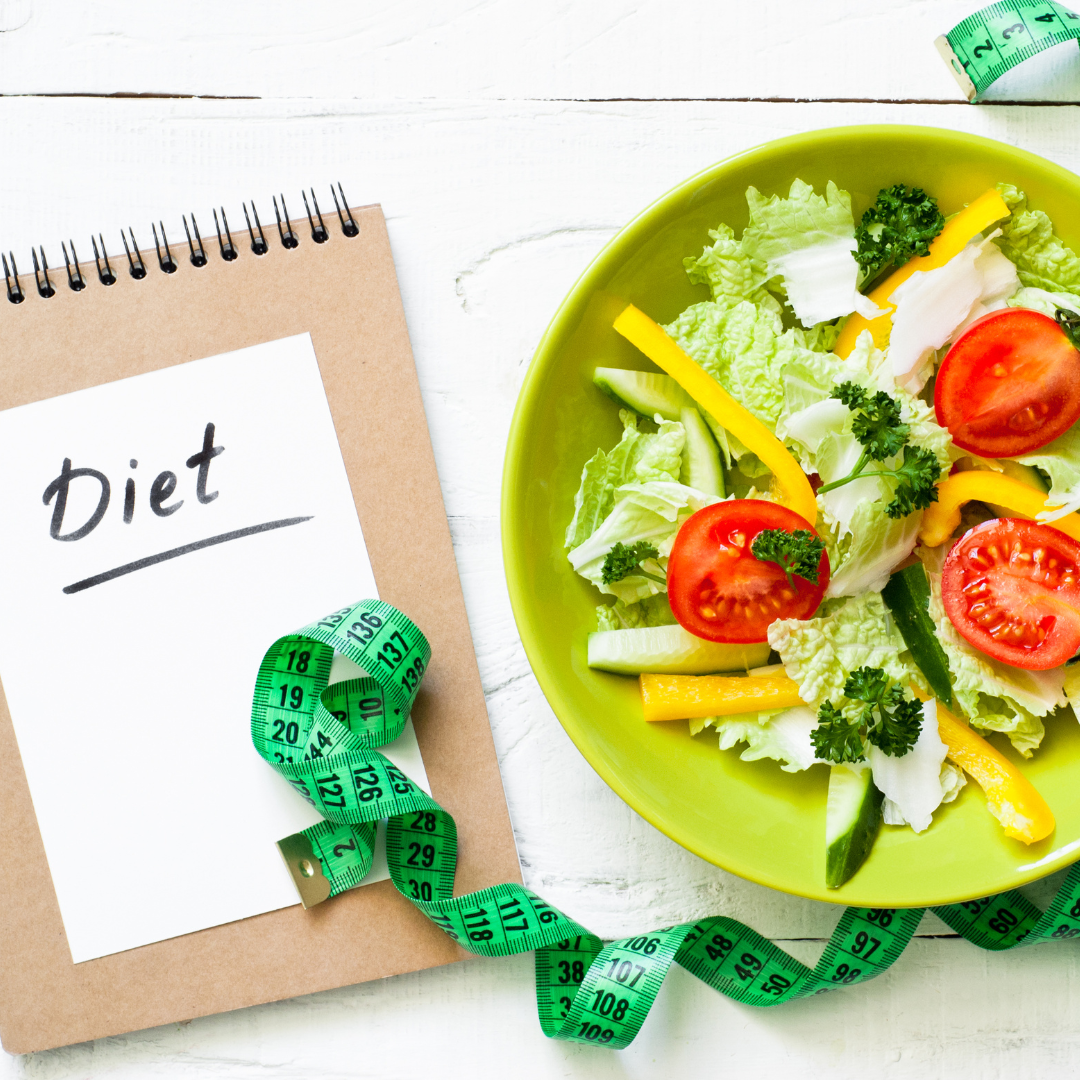So your gastroenterologist says you need a colonoscopy. That initial statement is probably pretty scary. “You’re going to put a tube where?”
But colonoscopies are an important screening and diagnostic tool that we use to keep you safe and healthy. And once you know what’s coming, you’ll see that there isn’t much to worry about.
What is a colonoscopy?
A colonoscopy is a medical screening procedure where we pass a long and flexible tube camera through your rectum and into your colon while you’re comfortably asleep! We do this to look for any abnormalities, like inflammation, scarring, thickening, polyps, or tumors.
When seen, we remove small polyps and when necessary we take biopsies (small tissue samples) through the scope. We can send these to be analyzed under the microscope to make sure that nothing scary is developing.
The whole procedure usually takes on average 15-20 but can be longer in some cases.
Who should get a colonoscopy?
You might need a colonoscopy if you meet one of these criteria:
- You are 45+ years old.
- You have a family history of colon cancer.
- You got a positive result on a non-invasive screening test. These include Cologuard and the hemoccult test.
- Your Gastroenterologist is concerned about some of your GI symptoms, like abdominal pain or bleeding.
As usual, make sure to consult your GI about your need to have a colonoscopy.
What are the risks of a colonoscopy?
While colonoscopies are very safe, there are a few potential risks. The major ones are a reaction to the anesthesia or sedative, uncontrolled bleeding from the sites of any biopsies, and perforation (a tear in walls of the rectum or colon). These happen in 1-3% of cases.
How do I prepare for a colonoscopy?
This is normally the most strenuous part of the whole process! The day before your colonoscopy, you’ll be asked not to eat any food, and to only drink light colored or clear liquids.
A few hours before bed, you’ll be asked to drink a laxative solution to clear out the bowels. There are many different types, with some preps being small bottles and laxative pills, while others are 1-gallon solutions taken over the course of a couple of hours. You want to ask your doctor which they recommend and discuss how much liquid you feel you can tolerate!
Drinking these laxatives will cause numerous, watery bowel movements that can persist throughout the night.
As a GI doctor, I see how difficult it can be for my patients to prepare for a colonoscopy. This is, in my opinion, the hardest part of the whole colonoscopy process. While the procedure itself is quick and painless, the prep requires abstaining from eating and taking a laxative to clean out your colon. All this will leave you feeling hungry and tired, and can bring on a headache from the withdrawal of your usual foods and from dehydration.
Here are some tips to help you get through your prep day!
- Hydrate hydrate hydrate! You will struggle through the whole event if you’re not well hydrated. The more fluids you drink before and after your procedure, the better you’ll feel.
- Another reason people struggle is due to caffeine withdrawal. Many think that they need to avoid their morning tea or cup of joe, but you can still enjoy these- just make sure to leave out the dairy!
- My go to clear liquids to drink the day before your procedure are miso soup broth and veggie broth! This will ensure you’re getting tons of prebiotics and probiotics which will help you restore your microbiome! Coconut water is a great way to replenish electrolytes and stay hydrated! Gut healthy teas such as peppermint, ginger, and green tea are some of my favorites. Lastly, if you can prepare homemade light colored (pulp free) fruit juices, these will also keep you hydrated and energized!
What can I expect on the day of the procedure?
The day of the procedure, you’ll be asked to not drink any liquids 2-4 hours before the procedure.
You’ll need to have a companion with you and driven after the procedure, as you will normally be groggy after the sedation.
Once there, you’ll be asked to change into a hospital gown. You’ll also be given an IV and hooked up to a series of monitors so that the doctors can make sure you’re safe throughout the whole procedure.
When the time comes, you’ll be wheeled into the procedure room and given the sedative. From here on, you normally drift into a nice sleep!
After the procedure, you’ll be wheeled to an observation area until you’re fully awake. Then IV will be removed and you’ll be able to get dressed. The doctor will come and talk to you about the results and then you get to go home and eat again!
I’m embarrassed about my colonoscopy! Should I be?
No! We do this every day. While this may be out of the ordinary for you, it’s not for us and we’ve seen it all. We’re gastroenterologists after all. Also, a colonoscopy will not hurt. The prepping process is often the worst part of the whole procedure!
Remember, a colonoscopy can help save your life by detecting polyps and cancers. And it’s the only way to diagnose inflammatory conditions in your bowel.
Does a colonoscopy disrupt the gut microbiome?
Some patients are concerned about how a colonoscopy can disrupt the microbiome. So let me dispel some myths and give my top tips to make this process easier. Any laxative or colon cleansing process we go through will cause temporary disruption in your microbiome, but the good news is that it’s just that – temporary! The microbiome is resilient and comes back after a few days of eating gut-nourishing prebiotic and probiotic foods.
If you are worried about the temporary disruption in your gut microbiome, add white miso paste to your veggie broths. This has live probiotic cultures that will help you maintain a balance in your microbiome while you go through this process.
How can I nourish my microbiome while I’m prepping for a colonoscopy?
To not feel crummy during the colonoscopy process, drink lots of liquids! The more, the better. This way, your body won’t be as dehydrated from the cleaning process. My go-to is low sodium veggie broth with miso paste added before servicing. Bonus if you can make this yourself because you’ll ensure there are no unnecessary or added chemicals. I also like using coconut water (full of beneficial electrolytes!) and homemade freshly squeezed light colored and clear fruit juices.
Do I need to avoid coffee or tea before a colonoscopy?
If you have daily coffee or tea, you can still drink these before a colonoscopy. But you will need to leave out the milk or creamer. One of the most common reasons why people feel fatigued and get headaches as they prepare for a colonoscopy is because they’re suffering from caffeine withdrawal.
Are you looking to improve your health?
To improve your gut health through lifestyle and nutrition, and take control of your life, download the Doctor Mendez Gut Health Guide, or register as a new patient and book an appointment to discuss your gut health with Doctor Mendez or one of our other integrative providers today!
This post is for education only! For medical advice contact your doctor!











